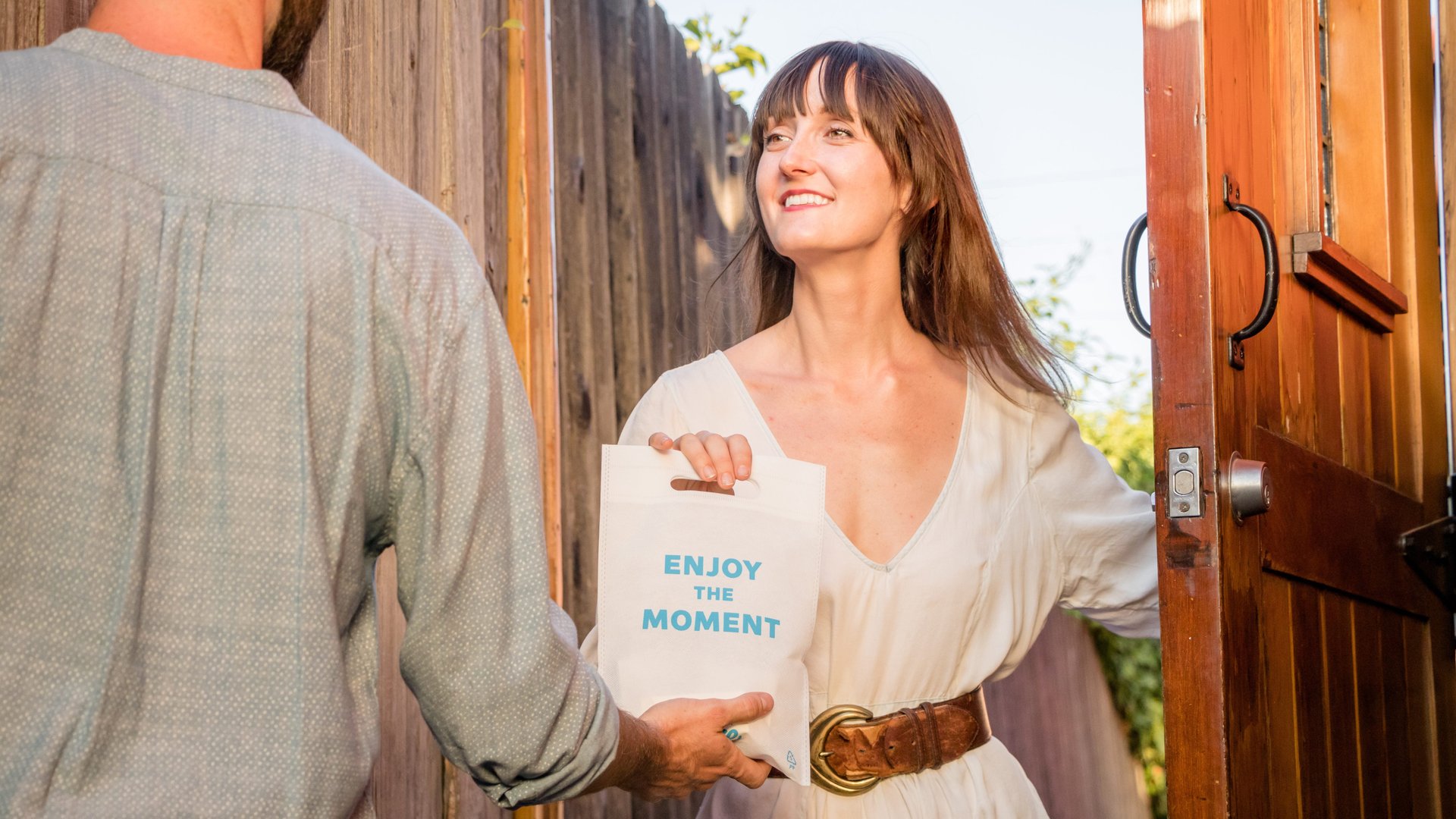Weed is now legal in California. Good luck figuring out where to buy it
America’s slow journey towards legalized marijuana quickens its pace on January 1, 2018. That’s the day California—the nation’s most populous state—will join the states of Alaska, Colorado, Oregon, Nevada, and Washington, and the District of Columbia, in legalizing recreational use of cannabis. (Massachusetts will follow shortly afterwards in July 2018.) Legally speaking, however, that doesn’t mean Golden State residents will find farmers market vendors selling homemade pot brownies and artisanal blends for smoking. Only shops with both local permits and state licenses to sell recreational marijuana can offer their wares to people who can prove they’re 21 years of age or older with a state driver’s license or photo ID.


America’s slow journey towards legalized marijuana quickens its pace on January 1, 2018. That’s the day California—the nation’s most populous state—will join the states of Alaska, Colorado, Oregon, Nevada, and Washington, and the District of Columbia, in legalizing recreational use of cannabis. (Massachusetts will follow shortly afterwards in July 2018.) Legally speaking, however, that doesn’t mean Golden State residents will find farmers market vendors selling homemade pot brownies and artisanal blends for smoking. Only shops with both local permits and state licenses to sell recreational marijuana can offer their wares to people who can prove they’re 21 years of age or older with a state driver’s license or photo ID.
The dispensaries are still governed by local law. For example, in West Hollywood, shops aren’t allowed to start selling recreational cannabis until 10am.
New state and city permits are being issued every day, with the state regulatory office open this weekend to issue as many permits as possible before the new year. Not every dispensary will have its paperwork in order by the first day of 2018, and not every city is issuing these necessary permits, either. Currently, only a few cities will have recreational weed dispensaries open on Jan. 1. In northern California, San Jose, Berkeley, Palo Alto, and Sacramento are on the list; San Francisco is not. In southern California, only San Diego, West Hollywood, and Chula Vista are on the list. Neighboring cities like Fullerton and Laguna Beach won’t be legally dispensing recreational marijuana until 2019.
Whether or not you live in a city which will have dispensaries open on Jan. 1, you may want to consider a delivery service. I mean, anyone who has ever bought weed on the black market knows that the delivery method is old school. The new venture-funded delivery platforms for legal marijuana are just new iterations of your “weed guy.” But, if you choose to go this route, make sure to check with them now to see if they’ll be ready to go on New Year’s day, or else you may find yourself empty-handed.
On Wednesday, when I called Ona.life, an upscale medical cannabis delivery services for San Francisco and Marin counties (Marin is just north of SF), to ask about their recreational weed status, the customer service representative was thoroughly confused: “I don’t know,” he said. “Maybe tomorrow. Maybe on Friday.” Should I call back on Friday? “Yeah, call back on Friday. Where you calling from again?” (The owner and founder, Nurit Raphael, later emailed me to tell me that recreational delivery will begin sometime after January 1 on an unspecified date.)
Or you can sign up for a notification. That’s what medical-marijuana delivery service, Eaze, which raised $27 million in Series B funding in 2017, hopes you will do. The startup has been quietly scaling up for the legalization of recreational pot. Previously, to order medical marijuana products to your doorstep through Eaze, you had to upload a valid medical card. Now, you just need to prove you are 21 or older with your state ID, and to sign for your delivery (a new step). Eaze has been emailing and texting current customers in order to confirm their recreational weed status. “Please click the button below to confirm that you are 21+ and recieve [sic] a special promo code for $30 off your first delivery!” reads one email I received. A similar text message arrived three days later. If I confirm my age and location, I will be notified when they are ready to deliver in my area.
Recreational delivery in the first week of 2018 from Eaze, however, is dependent on whether the dispensaries the company uses as sources for its sour watermelon gummies, Humboldt County-grown dried flowers, pain relief creams, and more will be legally authorized yet. (This is the same predicament that competitors like Meadow, dubbed the “Amazon of weed” by TechCrunch are facing. Ona.life, which is a favorite of former W magazine editor Claudia Mata, works instead with a local farmer for exclusive strains delivered directly to customers.)
In spite of the hurdles, dispensaries can’t afford to miss out. Up north in Canada, where buying weed and getting it delivered online is the norm, annual sales of recreational marijuana could hit $4.5 billion by 2021. The California market has the potential to grow even bigger, and faster. Analysts predict that in 2018, sales of legal cannabis in California will reach $3.7 billion. This includes new customers who are complete beginners, which companies like Eaze are already trying to woo with beginners’ manuals and foolproof disposable vaporizers.
In the meantime, I’ve been checking a chart Eaze is updating (only fairly regularly; the last update was Dec. 21) with the full list of cities it’ll deliver recreational products to on Jan. 1. The company claims to deliver to your doorstep in less than 20 minutes; depending on where in California you live, you may need to wait much longer than that—in some cases, even until 2019—if you don’t have a medical card.